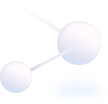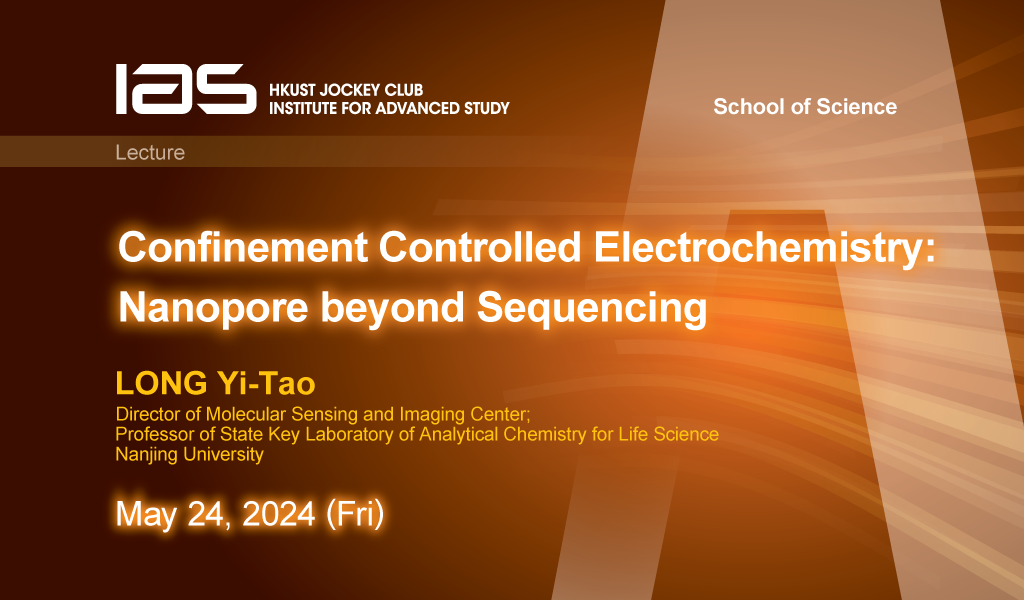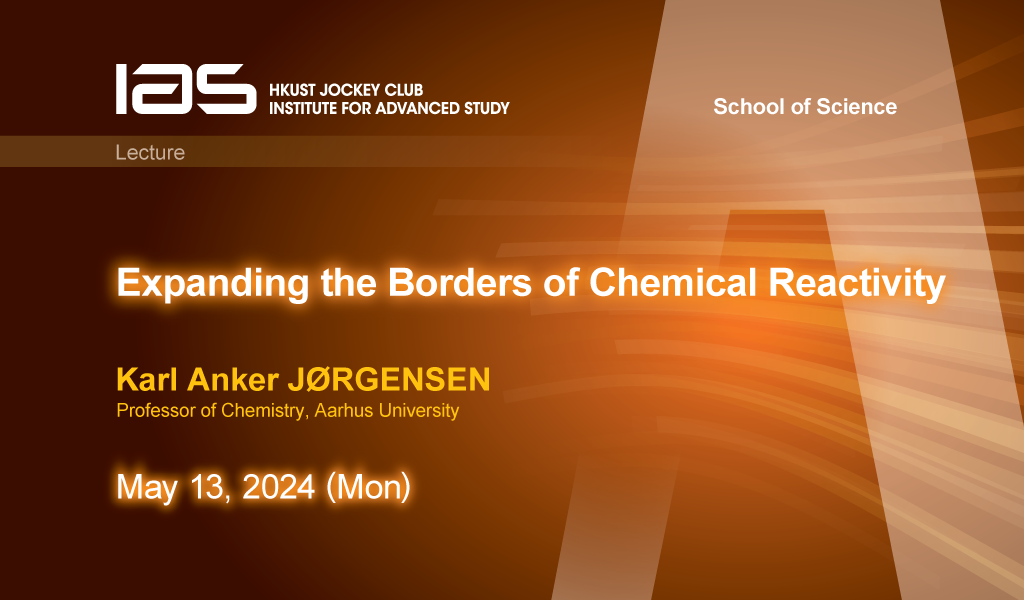Speaker: Dr. Natalie Lok Kwan LI
Institution: Associate Editor, Nature Communications
Hosted By: Professor He YAN
Abstract
Launched in 2010, Nature Communications is the flagship open access journal from Nature Portfolio dedicated to publishing significant advances in each field in a multidisciplinary venue across all areas of science and technology. In this talk, I will introduce the journal with its aim and scope and give an overview of the editorial and peer-review process and what editors look for in a manuscript. I will provide tips on how to write a convincing cover letter, abstract and paper and how to prepare your manuscript for submission. This talk will also cover the recent trends and developments in scientific publishing including new forms of peer review and reporting of data, in addition to some possible misconceptions towards the journal and suggestions on how to prepare yourself for scientific publishing.
About the speaker
Natalie is an Associate Editor from the Applied Physics Team of Nature Communications, where she handles manuscripts mainly in the areas of photovoltaics and optoelectronics, such as solar cells and light-emitting diodes. She received her Ph.D. in Chemistry from the University of Hong Kong, where she also worked as a postdoctoral researcher.



